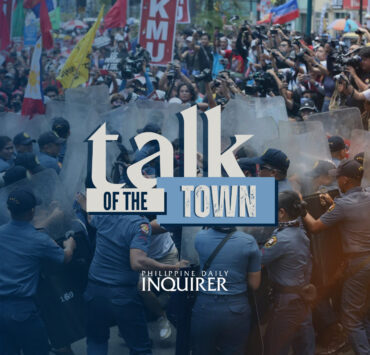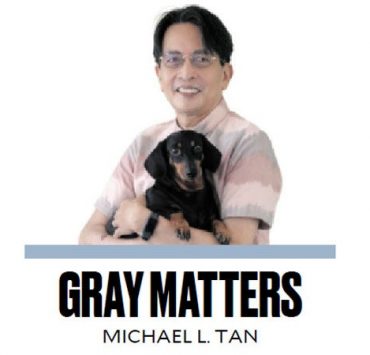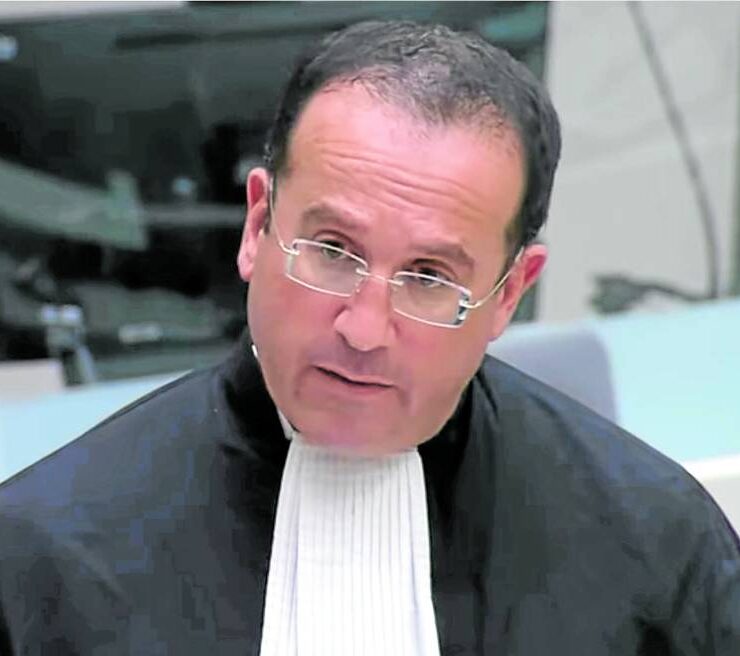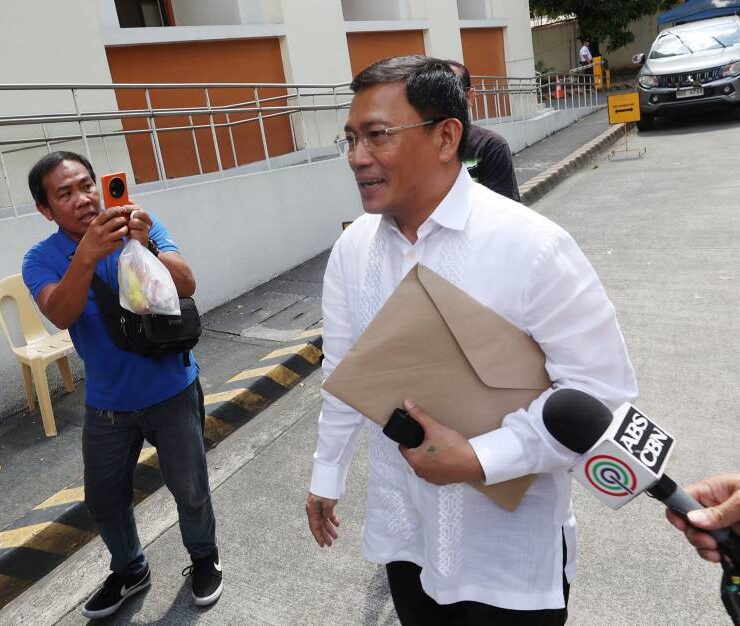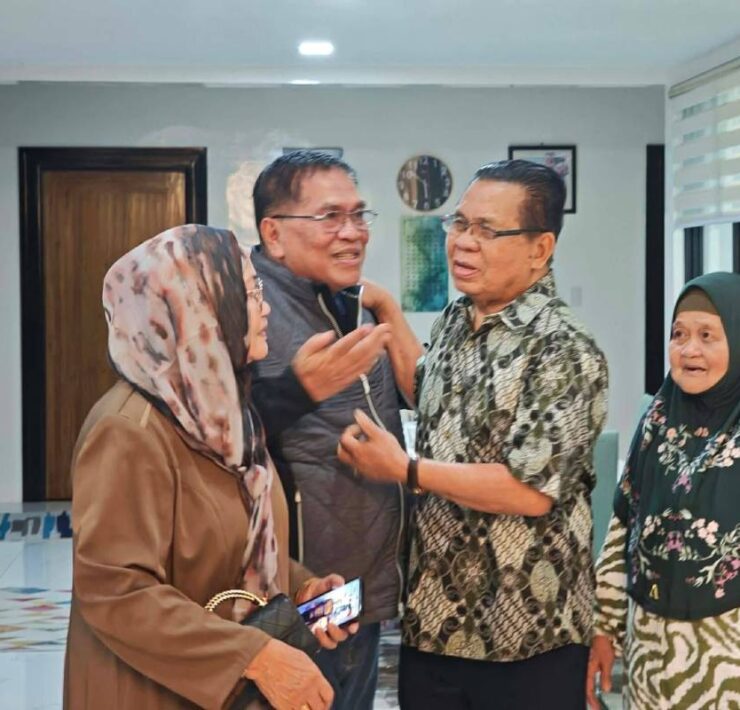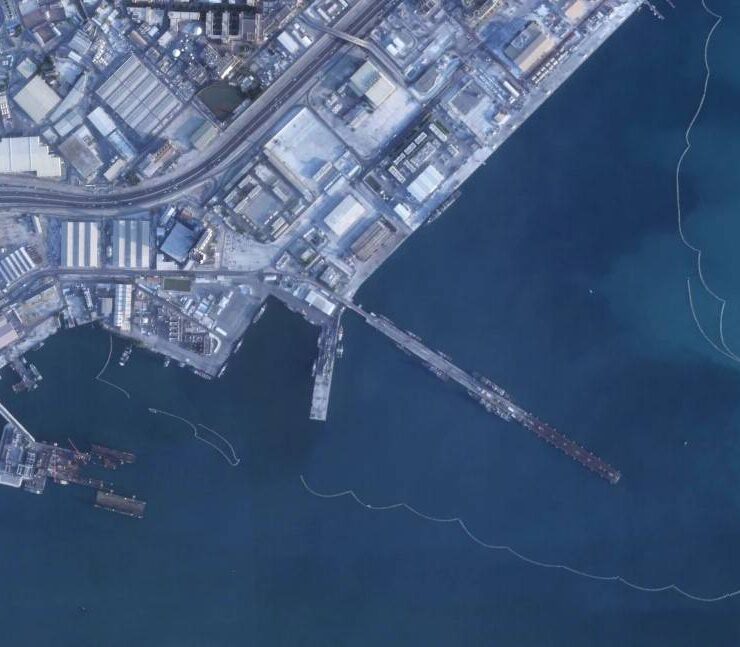Dutertismo: A scam exposed?
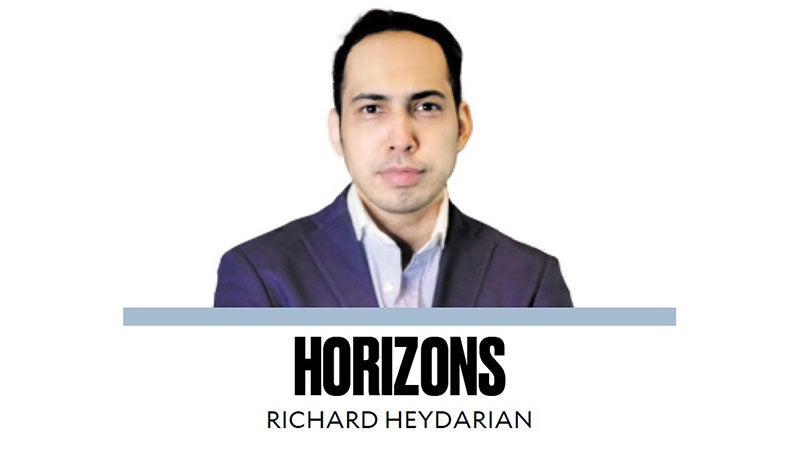
Our great founding fathers were, at once, impeccably cosmopolitan and also passionately patriotic. The likes of Jose Rizal often made a distinction between “Patria Grande” and “Patria Chica.” The first referred to their attachment to Mother Spain, while the second referred to attachment to their place of birth, namely the Philippine Islands. While the former had a more cosmopolitan sensibility, the latter had a more organic “blood and soil” geographic rootedness.
Among them, Isabelo de los Reyes was singular in ways, which are, paradoxically, more relatable to contemporary Filipinos. “Among his contemporaries, [he] had the strongest sense of where he was coming from,” argues Resil Mojares, even as he was constantly accused of “Ilocanoism”—namely tribalistic obsession with his ethnolinguistic roots.
“No one was as local as Isabelo. He bannered his being Ilocano and identified not only with his home region but [also] the [marginalized] ‘tribes’ of the islands, calling himself ‘brother of the wild Aetas, Igorots and Tinguians’ (hermano de los selvaticos aetas, igorrotes y tinguianes),” Mojares explains in “Brains of the Nation.”
What made him even more relatable to Ilocanos like yours truly was his pristine egalitarianism and sheer personal self-discipline. Here was a man who, according to Mojares, “did not smoke, drink, or gamble … educated but not elite, bourgeois but not aristocratic.”
Crucially, he was a naturally democratic man who could deal seamlessly with “stevedores and tobacco workers as with bishops and governors.”
As a Baguio boy, I have always been keenly conscious and proud of my Ilocano roots and values, especially our egalitarianism, meritocratic bent, and, yes, frugality. But that never prevented me—as in Isabelo’s case—from developing a more all-encompassing patriotism for our whole nation beyond ethnolinguistic divides.
Crucially, I always consciously avoided political tribalism, hence my antipathy to the visceral “Solid North” support for the Marcos dynasty. If anything, I was always astonished at how countless among my fellow Ilocanos seamlessly rallied behind the notorious dynasty instead of focusing on the whole pantheon of our heroes, beginning with Gabriela Silang and Padre Jose Burgos.
In fairness, Ferdinand Marcos Jr. is not necessarily on a redemption arc, but he has clearly realized the value of appropriate policy recalibration and political reintroduction. The same can’t be said about the even more notorious Duterte dynasty, which has proven as a far more sinister threat to our constitutional democracy. The past month alone has exposed the limits of what sociologist Randy David aptly described as Dutertismo more than at any time in our contemporary history.
Following a succession of public relations disasters, followed by even more disastrous performance during multiple legislative hearings, Sara Duterte has exposed herself as a poor copy of her father. She clearly lacks both the wit and spontaneity of Rodrigo Duterte. Sensing her vulnerability, she blurted out—in arguably her first proper national press conference—her concerns with possible impeachment.
At once, she was dismissive and defiant of the possibility of getting ousted, but never really managed to synthesize it into a coherent narrative. Stuck with her act-tough persona, Sara’s attempts at projecting herself as a “victim” have been just as hapless as her sarcastic snide against critics.
Meanwhile, she clearly lacks an ace team to manage both her communications and initiatives at the national level. To be clear, the “original” version was singularly disastrous in its own ways.
But, at least, Rodrigo Duterte effectively combined the populist cocktail of (i) bravado, (ii) blame game (against progressive, liberals, and the West), and (iii) establishment of a cult-like following via nurturing a profound sense of belonging among his supporters.
ut the mystique of Dutertismo has lost its grip on the national imagination, thanks to the blunders of the father (now clearer in retrospect and sans a climate of fear) and the brazen incompetence of his offspring.
After almost spending a decade at the pinnacle of power, the notorious dynasty is now fighting for its very survival in its very own backyard. Their chief rival, the Nograles dynasty—a less popular but far more sophisticated political family backed by the ruling establishment—is now knocking at their doors.
Perhaps, this could also mean a new dawn for the great people of Davao—a city that has produced the likes of former associate justice Antonio Carpio and countless other luminaries.
—————–
rheydarian@inquirer.com.ph














